Introduction In the world of internal combustion engines, turbochargers have become a popular method of increasing power and efficiency. This gas compressor, often referred to simply as a turbo, is a form of forced induction that forces air into the engine, resulting in more power for a given displacement. In this blog, we will explore the inner workings of turbochargers and their impact on engine performance. The Components of a Turbocharger At its most basic level, a turbocharger consists of three major components: the turbine, the compressor, and the bearing system that supports the turbine shaft connecting the turbine and compressor wheels. The turbine is located on the hot side of the turbocharger and is bolted onto the engine's exhaust manifold. As the engine runs, the exhaust gases pass through the turbine, spinning a fan called the turbine wheel. This spinning motion converts heat and pressure into rotational force, which in turn spins the compressor whee...
BMW
The
BMW 5 Series was the principal model to present the dubious 'fire' plan which
split assessment. Anyway we have consistently been fans so we were quick to
check whether the most recent plan would likewise hit the spot. We imagine that
BMW has took care of business again with a dynamic and completely contemporary
plan which stays up with the latest.
The
new 5 Series comes with an array of Efficient Dynamics technologies. There's
Auto Start-Stop, ideal gearshift marker, Brake Energy Regeneration, Active
Aerodynamics and low moving obstruction tires.
Furthermore a best in class
8-speed programmed transmission with a more drawn out conclusive drive
proportion to lessen motor fires up at motorway speeds assisting with
accomplishing extraordinary fuel utilization.
In
the driving stakes BMW has kept the brand name 50:50 weight dispersion, which
alongside the front-engined, back tire drive design, makes the 5 Series lither
than rivals. There's likewise no motivation to expect something besides the
astounding form quality that we've gotten used to.
The
most recent 5 Series is transformative as opposed to progressive however when
you're beginning so near flawlessness that isn't really a terrible thing. The
520d ED conveys solid certifiable execution while accomplishing mileage that
disgraces numerous city vehicles. With a splendid mix of value, style,
execution and driving diversion, it remains our number one leader vehicle.
Read Also: Benefits and Advantages of Electric Cars
Mercedes Benz
It wasn't too sometime in the past that Mercedes attempted to get into this guide however with another scope of super hello tech motors that is going to change.
Mercedes
may have been the slowest of the German producers to offer eco-friendly models
for sale to the public, however the outcomes are noteworthy.
Gone
are the days when you could tell how huge a Mercedes motor is simply from
taking a gander at the identification. As a for example, both the E200d and
E220d share a similar 2.0 liter engine. They even have a similar pressure
proportion (a stunningly high 15.5:1 since you ask) so the distinction in force
is more to do with motor administration than old school designing.
Either
engine is more than up to the job of providing decent pace and given that they
achieve the same official fuel consumption the choice is likely to come down to
budget. It is significant that you have to adhere to the standard 17 inch
wheels to get the best productivity with bigger edges bringing about a robust
punishment (up to 10 gCO2/km).
To
keep the E-Class in front of the opposition the standard fit programmed gearbox
presently packs 9 proportions which goes some approach to clarifying the
brilliant authority fuel utilization figures. Left to its own gadgets it will
rearrange up into the most noteworthy stuff conceivable however you can assume
responsibility for undertakings on the off chance that you need to press on
gratitude to 'Dynamic Select' which gives ECO, Comfort, Sport, Sport+ and a
blend and match setting.
The
most recent E-Class takes the best parts of the past model yet adds cutting
edge motors and a contemporary inside to keep it feeling new.
The executive
Mercedes has consistently lingered behind the 5 Series and XF in the driving
stakes yet it is presently nearer than any time in recent memory which implies
that there is not, at this point a default alternative. Which one you pick will
boil down to individual taste as they all speak to leader cantinas at the
highest point of their game?
Jaguar
The
renaissance of Jaguar has been one of the most amazing accounts of late years.
In 2008 Tata purchased the brand from Ford, who never entirely got to holds
with how to deal with Jag, and settled on two significant choices; Jaguar
required venture, and Tata put a lot of money on the table, yet critically it
didn't require the executives impedance.
The
XF is the most recent affirmation that Tata was totally correct. Jaguar always
remembered how to manufacture contemporary leader cantinas, it simply wasn't
permitted to. The XF takes the battle to the BMW 5 Series, Audi A6, and
Mercedes E-Class head on and is all the better for it.
Jaguar
has invested heavily in integrating aluminium into its production models with
fantastic results. The latest XF is significantly lighter than the competition
with other cars and is just 4% heavier than Jaguar’s starting model XE. Quite
an extreme weight reduction diet gets a major approval from us as it benefits
fuel utilization, dealing with and execution.
Close
by the serious development materials the XF likewise brag a shiny new
'Ingenium' motor which at last furnishes Jaguar with a-list diesel engine. It
likewise adds to the weight reduction because of yet more aluminum and its
minimized size. At the same time it is capable of producing impressive power
and torque figures which imbue the Jag with sprightly performance.
There
has never been a lot of amiss with the way that the XF drives or looks, however
it has never had a truly productive engine. With this issue currently solidly
tended to the blend of fantastic authority mileage, drawing in elements, amazingly
low kerb weight and smooth looks make for a convincing recommendation.
Lexus
The
Lexus GS has graced the pages of Green Car Guide for various years, however
because of the presentation crossover approach Lexus has never genuinely
investigated the fuel usage capacity of the system, jumping at the chance to
benchmark proficiency against oil adversaries and turn the wick up than seek
after diesel figures and debilitate the show. That is as of not long ago.
The
300h has unmistakably been intended to take the battle to diesel rivals with
efficiency, execution and value all mirroring the front-running German
contributions.
Lexus has since quite a while ago asserted that its
petroleum/electric half breed framework can do all that a diesel can, and the
repost has been 'demonstrate it'. Apparently it pays to be cautious what you
wish for, as on paper the 300h is capable and most shockingly this incorporates
the rundown cost.
To
extricate better efficiency there have been some huge mechanical changes. Out
goes the 3.5 litre petrol engine and in comes a 2.5 direct injection unit which
produces a restrained 178 bhp. This is supplemented by a detuned electric motor
which produces an additional 140 bhp providing a very favorable total system
output of 220 bhp.
Drive is still transmitted to the rear wheels through a CVT
gearbox which as ever is great for fuel economy and frustrating if you are
pressing on.
So
the Lexus can beat diesel adversaries for unadulterated snort yet shouldn't
something be said about force? The gasoline engine can't draw near, with 163 lb
ft at a grand 4200 - 5400 rpm it won't see what direction the opposition went.
In any case, as ever with cross breeds, that is just a large portion of the
story.
The electric engine acts the hero again; with a convenient 221 lb ft
accessible from inactive it fills in the holes incredibly and keeps the GS 300h
in the race.
The
GS remains exquisitely finished and arguably is better suited to the lower
output system as it is competent to drive rather than razor sharp.
The 300h is
not any more costly than diesel rivals, has serious efficiency and gratitude to
petroleum radiating less CO2 than diesel, falls into VED band B and pulls in
significantly lower organization vehicle charge.
It also has the advantage of
emitting no PM and very little NOx for which diesel rivals need to resort to
expensive exhaust after-treatment. The GS actually isn't great yet the 300h is
an adequate bundle to make you reconsider prior to requesting a diesel rival.
It
appears to be that Lexus wasn't kidding all things considered, petroleum half
and halves truly can take on diesels unexpectedly.
Read Also: Car Batteries
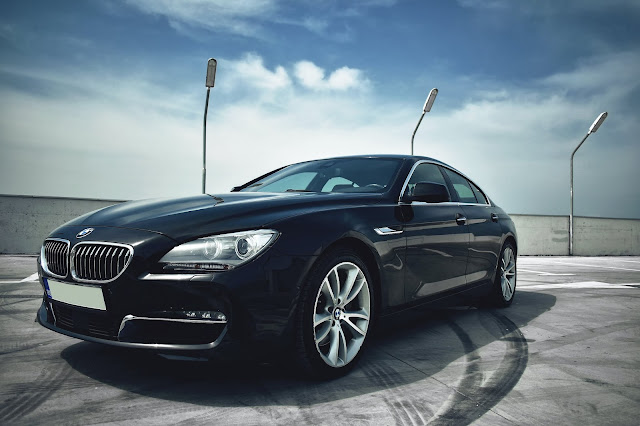
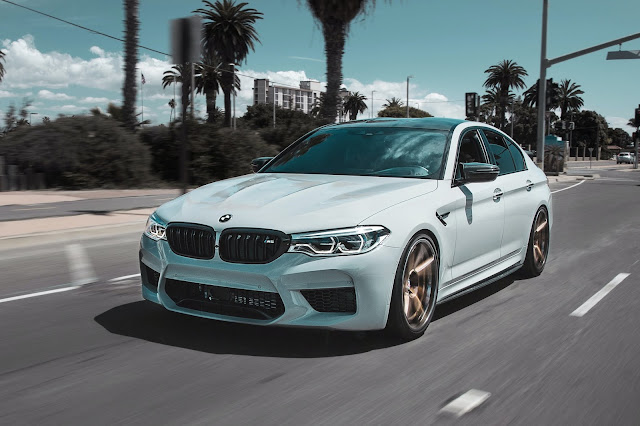

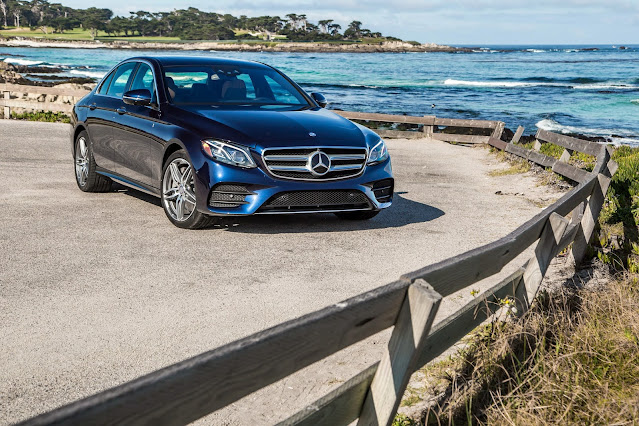

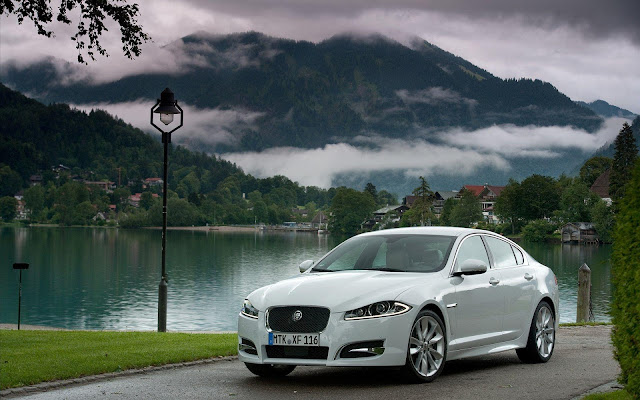

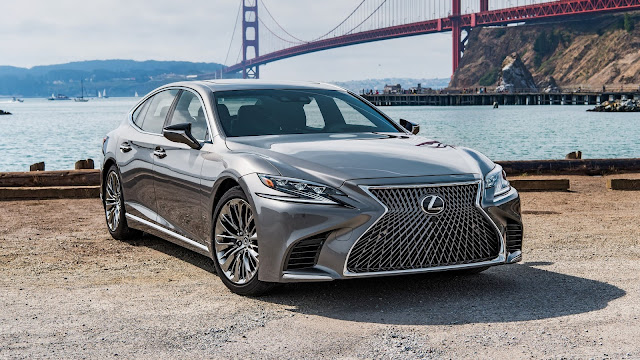


Comments
Post a Comment
If you have any doubts and queries please let me know